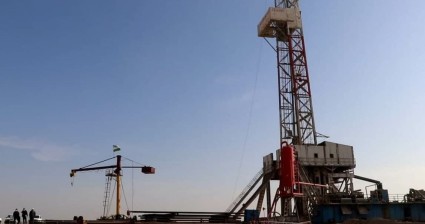For the first half of 2024, the net profit of the Navoi Mining and Metallurgical Plant reached $882 million, the company said in its unaudited IFRS report.
This is 14% more than in the same period of 2023 ($774 million).
Revenues increased by 21.3% - from $2.76 billion to $3.35 billion. Earnings before interest, taxes, depreciation and amortization (EBITDA) increased to $1.98 billion (+24%). Operating profit growth reached 19.7% - from $1.46 billion to $1.75 billion.
The assets of the largest state-owned enterprise increased by $339 million - to $8.9 billion (+4%). Cash at disposal increased fivefold - from $102 million to $522 million.
Total liabilities reached $4.2 billion (+8.9%), adding $342 million compared to the first half of last year. The growth was mainly due to an increase in trade and other accounts payable (+$262 million), as well as income tax payable to the budget ($247 million).
Due to the increase in profits, NMCC paid $158 million more in dividends to state shareholders - $484 million (+48.6%).
As of June 30, 2024, the company's bank loans include $489 million related to Russian banks that are not part of the SDN sanctions group.
Physical gold production and sales increased by only 7% - to 1.51 million troy ounces (46.6 tons).
The average selling price of the precious metal was $2,206 per troy ounce, or 14% more than last year. Total production costs increased by only 7% to $907.
The company's capital expenditures decreased by 12% to $325 million. On the other hand, the amount of taxes paid by the company since the beginning of the year rose to $716 million (+31%). Earlier, the Tax Committee reported that the company took its traditional first place in tax payments in Uzbekistan - 11.4 trillion soums in the first six months of this year.
In the summer, S&P assigned a credit rating to the Navoi Mining and Metallurgical Plant for the first time. In 2023, NMCC became the fourth in the world in gold production (90.2 tons), but there are risks associated with water, as well as dependence on one deposit.












